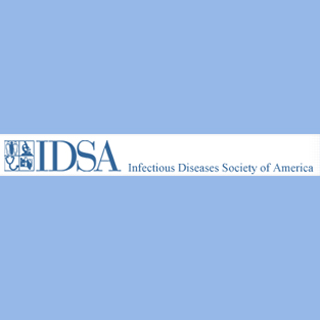
The study encompassed approximately 45,000 patients belonging to both the countries. All these patients were first provided with the required clinical care for HIV from 1997 to 2007. The patients’ CD4 cell counts were first measured by the authors to determine the strength of their immune system. It then appeared that every year the median CD4 count increased but remained constant from 256 cells/mm3 to 317 cells/mm3.
Richard Moore, lead author and MD, of Johns Hopkins University School of Medicine in Baltimore enlightened, “The public health implications of our findings are clear: Delayed diagnosis reduces survival, and individuals enter into HIV care with lower CD4 counts than the guidelines for antiretroviral therapy initiation. A delay in presentation for treatment not only increases the chance of clinical disease progression but also increases the risk of ongoing transmission.”
The investigators highlighted that the median count remained below the present day level advised for patients to start antiretroviral therapy mainly 350 cells/mm3. The median age at which patients first received HIV care appeared to increase over the study period from 40 to 43 years of age. The investigators aim to introduce an advanced and effective treatment for HIV-infected patients before the immunological deterioration.
The study will be published in the June 1, 2010, issue of Clinical Infectious Diseases.
